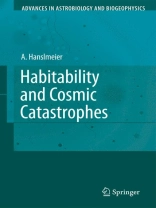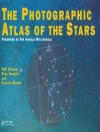The search for life in the universe is one of the most challenging topics of science. It is not a modern topic at all, since more than 100 years ago, it was speculated that on the Moon, there are oceans and seas; on Venus, there are swamps and also Mars is inhabitated. However, now we have the scienti?c background and the scienti?c tools to answer this question and it is also certain that the answer would have deep imp- cations for our culture, philosophy, and religions. If we ?nd that life has developed on other planets or satellites of giant planets, then this would be the ?nal breakdown of our central position in the universe. But is life a widespread phenomenon? How vulnerable is it to changing conditions and even catastrophic events? These topics will be discussed in this book. If life is in the extreme case a unique phenomenon found only on planet Earth, which seems to be highly unrealistic, then also it is important to discuss how it is adaptable to changing external conditions. Can we survive a cosmic catastrophe? How do these catastrophes change habitability? Which forms of life are more v- nerable? It was mentioned that now science has made great progress to answer such qu- tions. Let us give some examples. In modern biology, in connection with organic chemistry, the origin of life is studied.
Table des matières
Habitable zones.- Properties and Environments of Life.- Stars and Galaxies.- Planetary Systems.- Catastrophes in Our Solar System?.- Catastrophes in Extrasolar Planetary Systems?.- The Solar Neighborhood.- The Search for Extraterrestrial Life.












